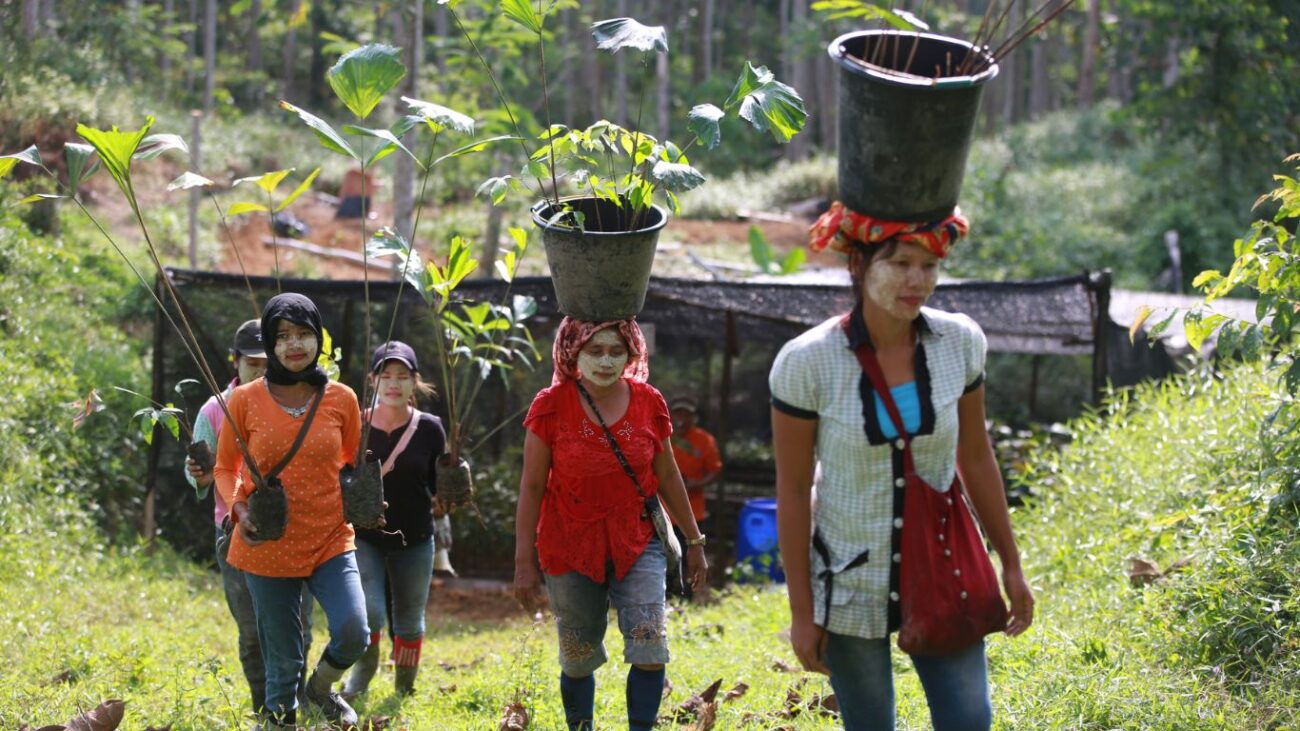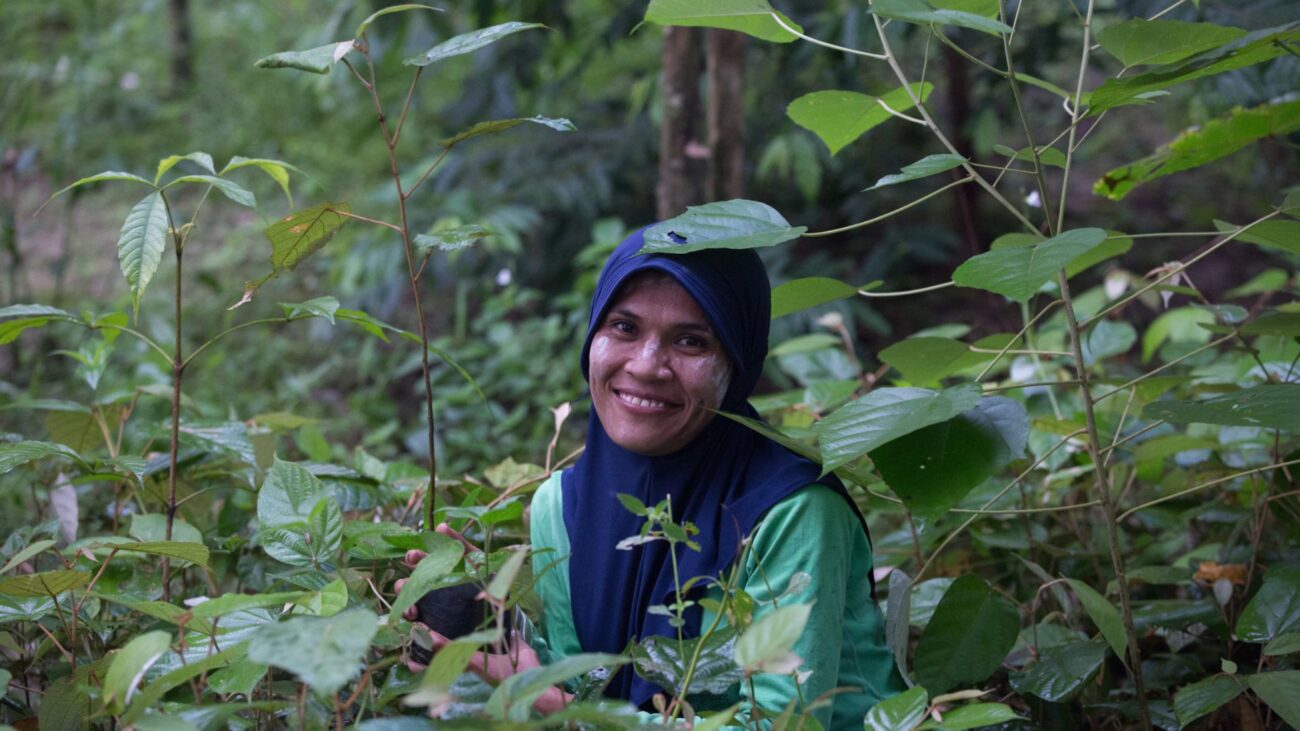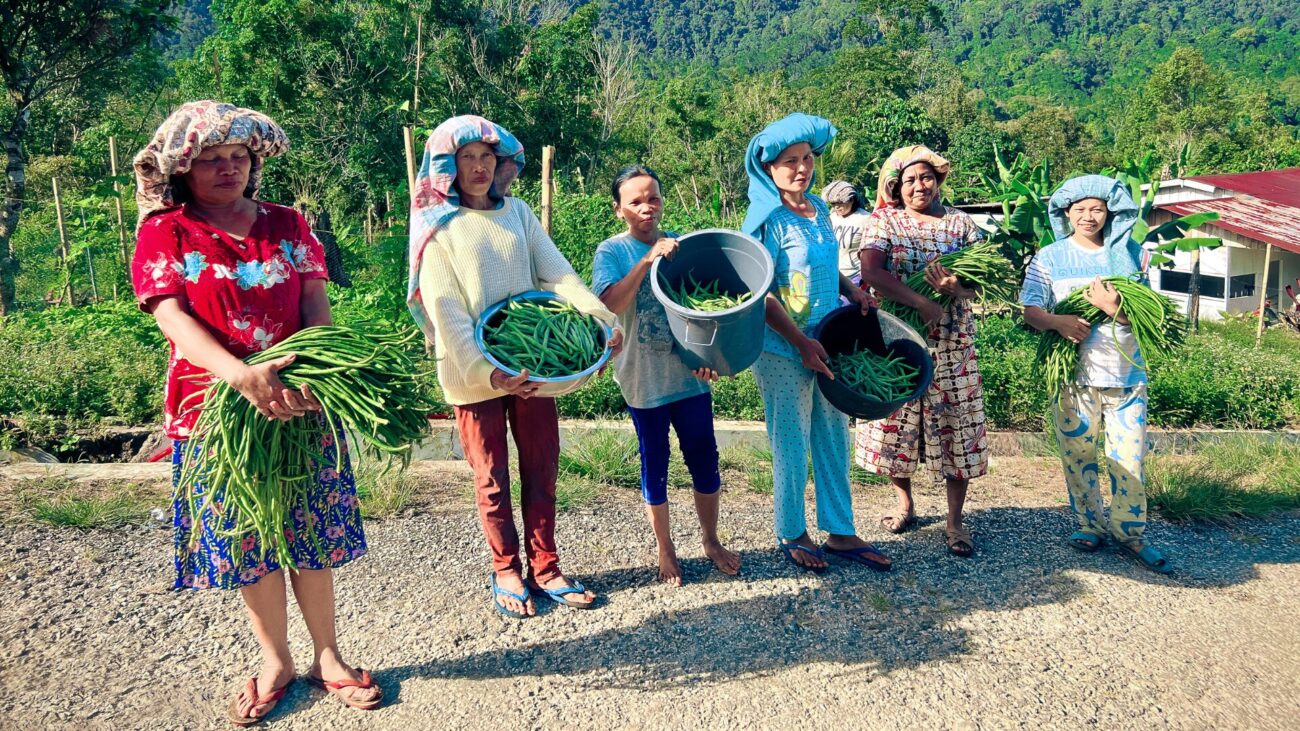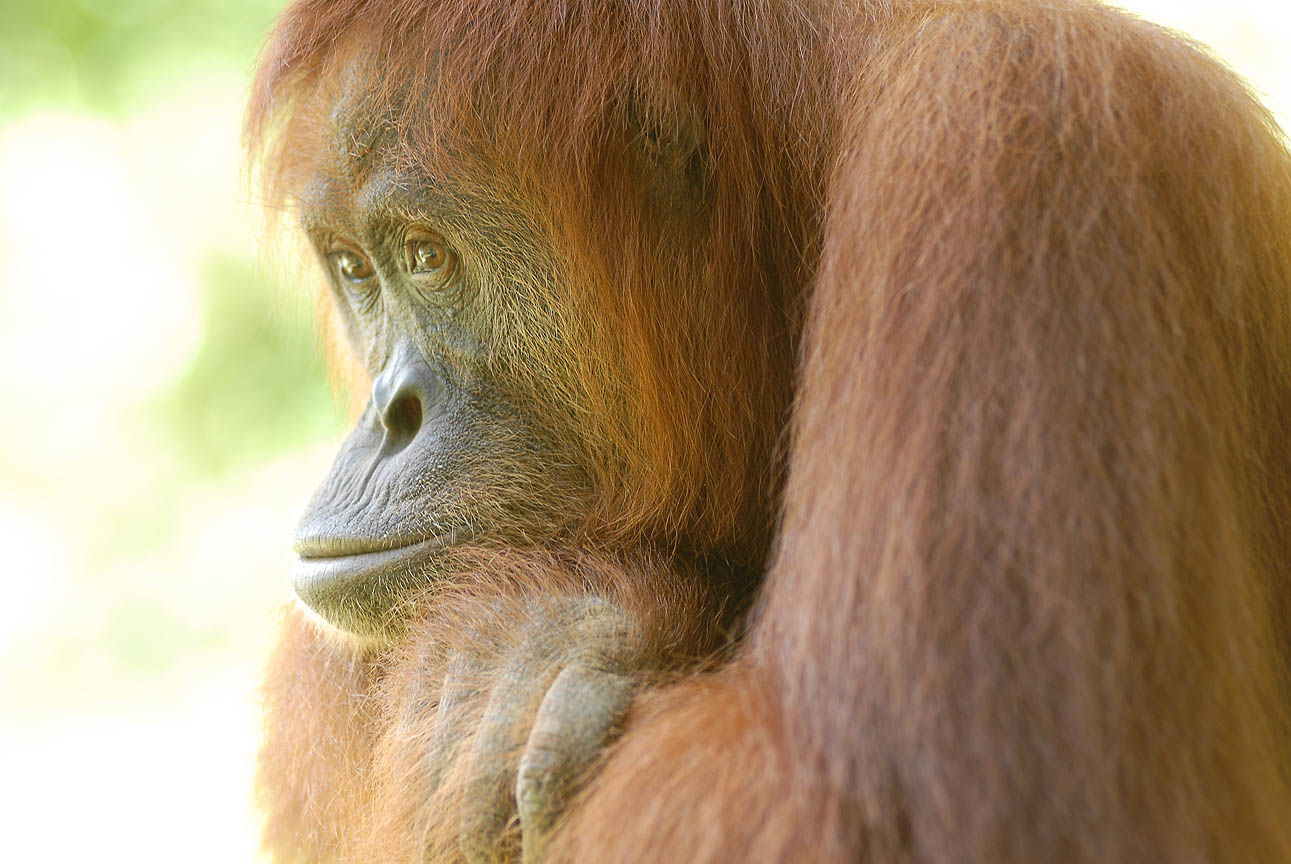While progress has been made, much needs to change to achieve true gender equity. We are committed to supporting the incredible women who drive our expert teams and frontline conservation partners. Read on to discover how SOS is supporting women in conservation.

Climate change disproportionately affects women and girls, especially those in poverty. During disasters, women face heightened risks of violence and economic hardship. Despite this, national climate plans often overlook women. As environmental crises intensify, centering women’s voices is no longer a choice, but a necessity.
Systemic barriers prevent women’s participation in natural resource management and climate adaptation decisions. The CARE-WWF Alliance’s research shows that empowering women in leadership can reduce environmental damage. The paper found nations with greater gender equality exhibit higher environmental wellbeing.
“Women are at the forefront of defending natural resources. The relationship between gender, justice, and environmental conservation is very close.” — Lina Silaban, West Toba Landscape Manager, TaHuKah

Despite producing over half of the world’s food, women farmers lack equal access to climate-resilient farming resources. Research indicates that closing this gap—providing women with equitable access to land, credit, and training—could boost agricultural yields by up to 30%, significantly strengthening global food security.
A decade of climate negotiations has yielded no progress on gender representation. Despite the UN Framework Convention on Climate Change (UNFCCC) clear commitment to ensure 50 percent representation, women’s participation in COP29 delegations (2024) was 35 percent. 10 years ago at COP20 (2014) it was 36 percent.
“We see that conservation issues are inseparable from social, economic and cultural systems, both in the communities living in areas of high conservation value and the global community more broadly.” — Ms. Intan Violetta, TaHuKah Community Facilitator

Women are central to our success. Our leadership reflects this, with 50% of our Trustee Board and a significant portion of our team comprised of highly skilled women. This commitment extends to our partners, OIC and TahuKah, where women lead and contribute to critical conservation initiatives.
We recognise the invaluable role women play in sustainable resource management, possessing deep traditional ecological knowledge and driving food production and distribution. By integrating women into our conservation programmes from the ground up, we foster equitable and effective solutions that benefit society, nature, and the climate.
You can help protect Sumatra's Orangutans. Click to get updates
